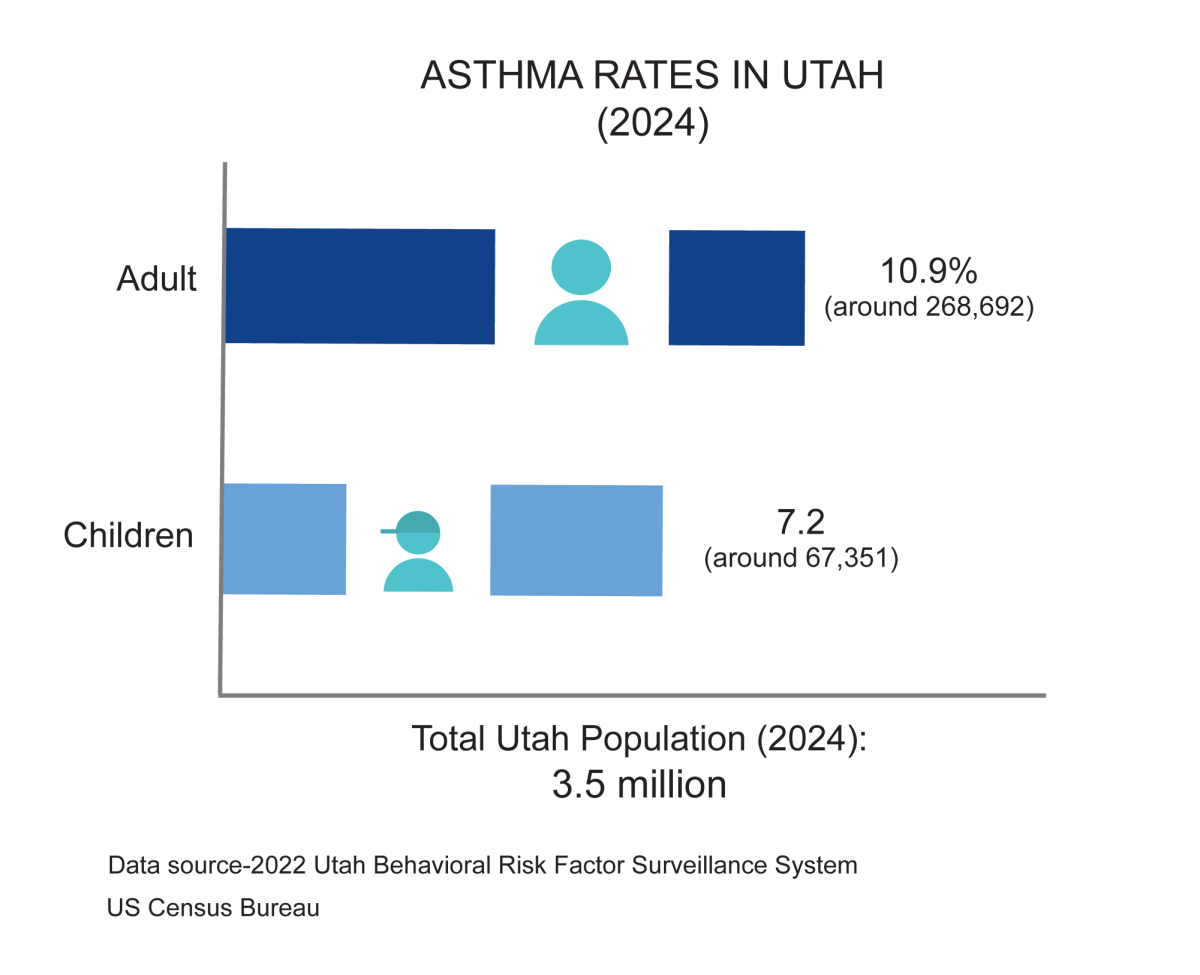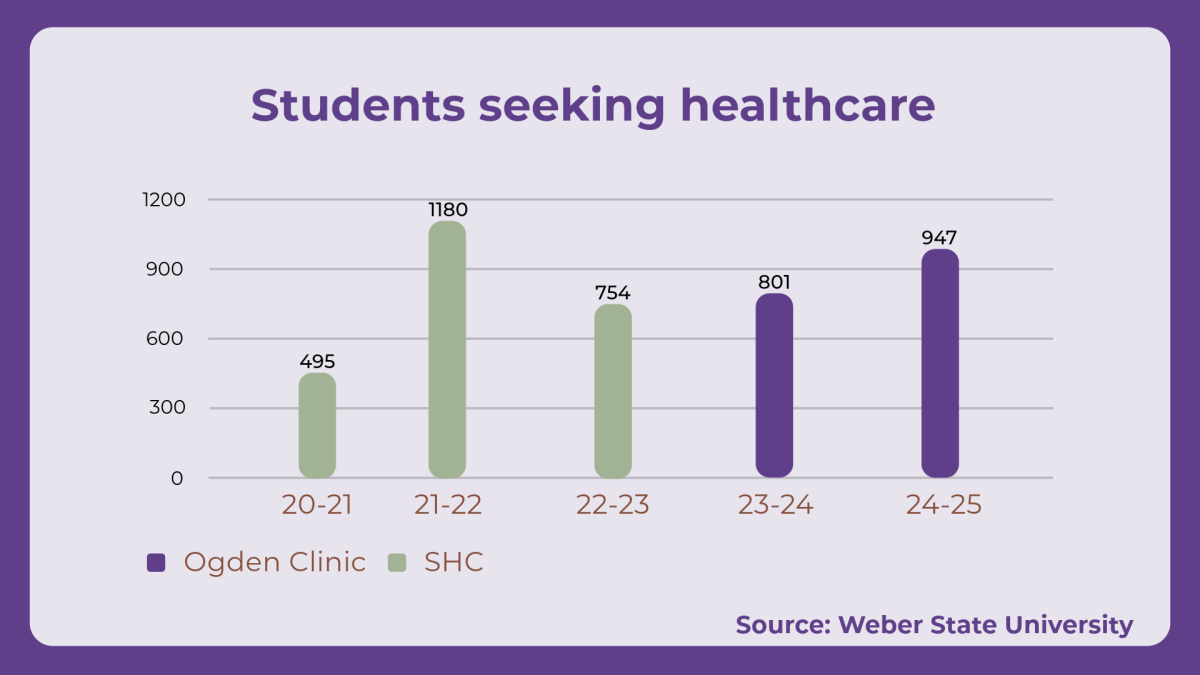
No one suspects when they bite into a big juicy cheeseburger that there’s any dangers hidden within its meaty depths.
Over 13 million pounds of meat were recalled in 2013. E. coli being the reason behind 10 million of that number. Although meat is recalled, it doesn’t mean that every pound of meat is accounted for, it may still be in circulation, or packed away in a basement freezer.
E. coli is a bacteria that normally lives in the intestines of people and animals. However, there are some harsh strains of E. coli that when ingested through contaminated food or water, such as raw vegetables or meat, can make someone very ill.
The symptoms of E. coli can be bloody diarrhea, stomach cramps, nausea and vomiting. In smaller children and older adults, E.coli can cause problems with their blood or kidneys which could potentially be fatal.
Listeria monocytogenes are responsible for 784,350 pounds of meat being recalled in 2013 according to the USDA’s reports. Listeria is a bacteria that can cause serious illness when ingested. Listera mostly affects pregnant women and anyone with a weakened immune system.
Pregnant women who are infected may experience miscarriages, stillbirths, premature delivery or their newborn child may be infected.
People who are not pregnant may exhibit symptoms of Listeria such as: headache, stiff neck, confusion, loss of balance, convulsions, fever and muscle aches.
The scariest of all these possibilities is transmissible spongiform encephalopathies or prion diseases. These prions warp the proteins in our brains and nervous systems and cause a sickness. The most common illnesses caused is bovine spongiform encephalopathy, or mad cow disease.
Once infected by prions, there is no cure and no treatment. Unlike E.coli and Listeria, prions cannot be killed by cooking your food.
Not all recalls are contamination related. Some recalls happen due to improper branding of foods or undeclared allergens.
So far there have been 46 recalls this year by the USDA.
Are there any repercussions for any companies who distributed bad meat?
Weber State University graduate, and recent graduate from the UCLA School of Law, Ashley Denning said, “Negligence can occur when a factory uses unsafe practices or policies that lead to the harm of its customers and under those circumstances it is possible for a company to be held liable for the harm it causes.”
It is not unusual for a company to be held liable for it’s distribution of meat.
In May of 2014, Rachel Tamminga, a Michigan college student sued Wolverine Packing Company after she was hospitalized for six days in April for an E.coli infection.
Wolverine Packing Company recalled almost two million pounds of possibly hazardous hamburger patties and steak burgers two weeks prior to the lawsuit. The recall extended across 15 states, including Michigan.
However, it’s not always the companies that come under fire for distributing tainted meat products.
On Sept. 11, 2014, Food and Water Watch filed a suit against the USDA to stop the new system of inspection for poultry companies. Under the new system of inspection, the companies would be in charge of policing themselves, instead of government involvement.
Foodandwaterwatch.org stated that under this new system, employees will be responsible for, “removing adulterated product from slaughter lines at their own discretion.”
While USDA inspectors go through extensive training under the current system, the new system will not require employees to undergo the same training.
Weber State University offers a free health clinic in room 190 in the Student Services building and also on the Davis campus in room 220 for any student that may be experiencing any symptoms of food poisoning.
For a list of recalls, please visit: http://www.fsis.usda.gov/wps/portal/fsis/topics/recalls-and-public-health-alerts/current-recalls-and-alerts













